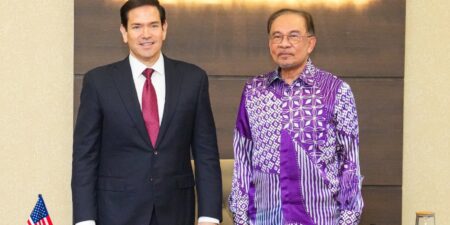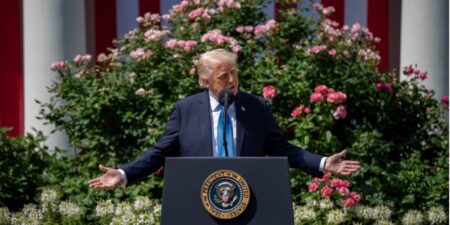The BGA Taiwan Team, led by Senior Advisor Rupert Hammond-Chambers, wrote an update to clients on the current legislative session of Taiwan.
Context
- The current Legislative Yuan has been described as one of the most contentious and polarized since Taiwan’s democratization. The fall 2024 session began September 20, and tensions between the ruling Democratic Progressive Party (DPP) and opposition parties quickly escalated. The DPP’s 2025 budget proposal was immediately blocked by the combined efforts of the Kuomintang (KMT) and Taiwan People’s Party (TPP), which used procedural means to delay its passage. If no consensus is reached in upcoming negotiations, the Lai Ching-te administration’s new initiatives will be stalled, potentially impacting policy implementation.
- Several contentious issues await resolution in addition to the budget debate, such as nominations to the Constitutional Court, Examination Yuan members and the National Communications Commission. Other topics include the extension of nuclear power plant operations, media licensing, whistleblower protection, absentee voting and the potential dissolution of the Control Yuan and Examination Yuan.
Significance
- The KMT’s decision to grant the TPP the chairmanship of the Foreign Affairs and National Defense Committee signals a strategic alliance between the two parties. However, this has sparked internal debates within the KMT. One faction argues that the KMT is conceding too much, given that the TPP is unlikely to collaborate with the DPP, while another faction believes that further cooperation is necessary to challenge the ruling party. This internal division within the KMT may complicate future negotiations with the TPP.
- As for the TPP, with Ko detained in prison, leadership within the legislative caucus has shifted to party whip Huang Kuo-chang. Huang’s strong leadership style may result in more centralized decision-making, with his views dominating party positions. However, in areas where Huang has no strong opinion, other TPP legislators may have more freedom to negotiate, even potentially collaborating with the DPP on certain bills.
Implications
- The fall 2024 session is expected to see continued sharp divisions between the ruling DPP and opposition parties. The opposition’s boycott of the 2025 budget over the DPP’s failure to allocate sufficient compensation for Indigenous logging restrictions, while legitimate, appears to be driven more by political strategy than by the importance of the issue itself. This conflict has been exacerbated by TPP Chairman Ko Wen-je’s recent arrest, further fueling the TPP’s opposition to the Lai administration. Although the DPP has adopted a hardline stance in response, BGA expects the budget deadlock to eventually be resolved through negotiations, though likely causing delays in the execution of Lai’s new policies.
- Companies can anticipate several legislative items that may significantly impact their operations in Taiwan, such as the 2025 Central Government Budget, nominations to the National Communications Commission and the Cyber Security Management Act.
We will continue to keep you updated on developments in Taiwan as they occur. If you have any comments or questions, please contact BGA Taiwan Senior Advisor Rupert Hammond-Chambers at rupertjhc@bowergroupasia.com.
Best regards,
BGA Taiwan Team

Senior Advisor
Rupert is an expert on Taiwanese political and economic issues and additionally brings a special focus on defense and security within BGA. Rupert concurrently leads the U.S.-Taiwan Business Council, where he was elected vice president in 1998 and president in 2000. Prior to 1994, he served as an associate for development at the Center for Security Policy, a defense and foreign policy think tank in Washington, D.C. Rupert is a member of the board of The Project 2049 Institute. He is also a trustee of Fettes College and is a member of the National Committee on United States-China Relations. Rupert ...
Read More


























